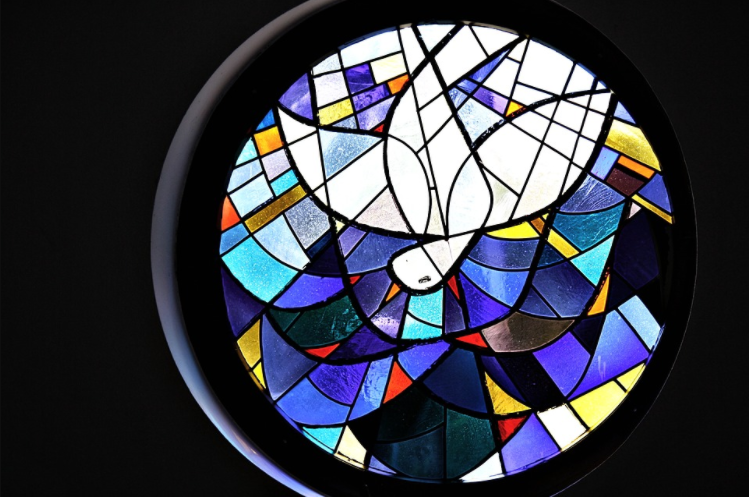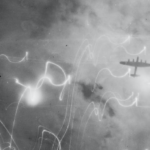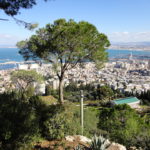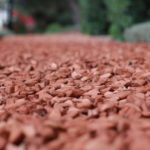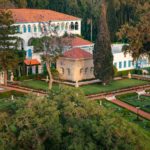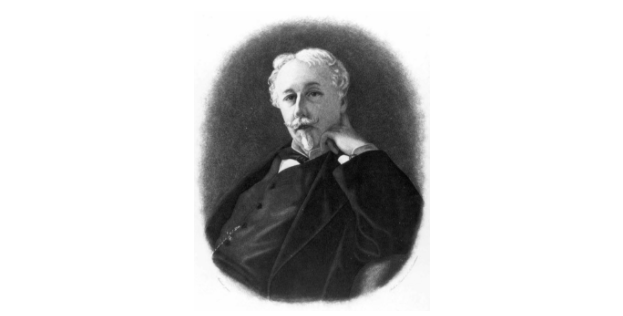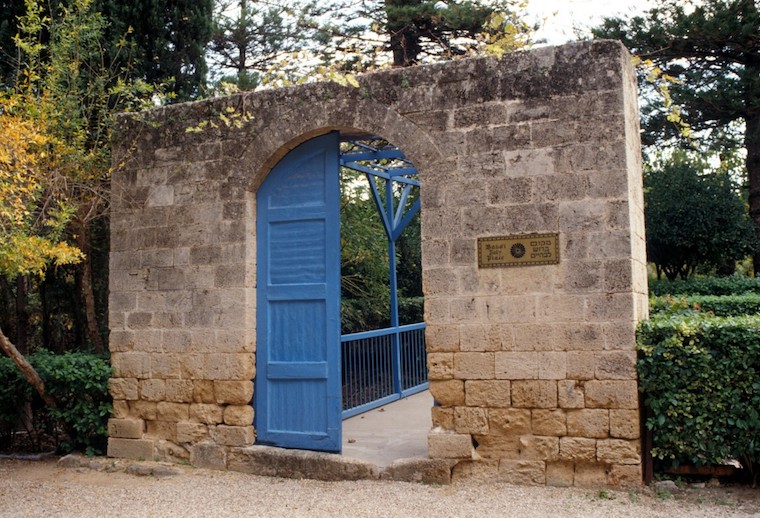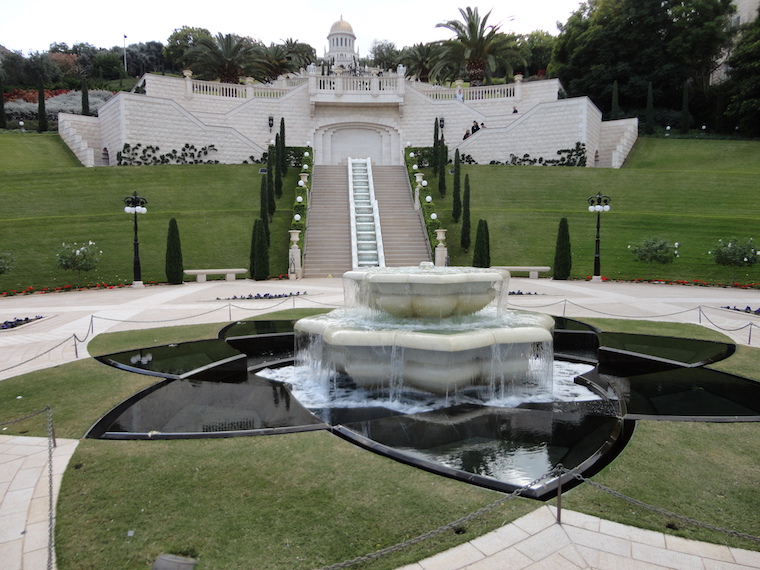
Each Morrow Richer than its Yesterday

We all make mistakes. How we deal with our own mistakes and of those around us has important implications.
Too often we stand in judgement of our fellow human beings. It’s an attitude that is corrosive to our own connection with the sacred, and in its worst manifestations creates a judgemental and oppressive community.
Despite the prevalence of this human behaviour, the idea that we ought not judge others is ancient and familiar. Bahá’u’lláh reminds us in his Hidden Words that it is a core insight from the spiritual wisdom of the world.
Breathe not the sins of others so long as thou art thyself a sinner.[1]
How couldst thou forget thine own faults and busy thyself with the faults of others?[2]
Perhaps related to this is Bahá’u’lláh’s abolition of confession. Confession has no bearing of “divine forgiveness” and moreover results in human “humiliation”, something Bahá’u’lláh does not wish.[3] Rather, a soul seeking forgiveness from God is counselled to do so directly.[4] It is an internal rather than external process.
Another form of corrosive judgementalism is that directed towards oneself – a metaphorical self-condemnation that demands an impossible perfection or which saddles us with paralysing guilt.
Yet we make mistakes. What is a healthy way to deal with our own shortcomings and to avoid repeating them? Bahá’u’lláh counsels self-reflection.
Bring thyself to account each day ere thou art summoned to a reckoning….[3]
Or a related concept:
Let each morn be better than its eve and each morrow richer than its yesterday.
Taken together, these call us to an internal honesty about our doings – what we have done well or not so well – and direct us to thoughts of how our tomorrow can be better.
There are many prayers Bahá’u’lláh has written in which forgiveness is sought for sins. They suggest that it is a connection with the sacred that enables us to fully realise the beauty of human potential. Sins do not define us as human beings. We are not created “sinful”. Shortcomings are a departure from human nature. We always have the potential to express that true nature. This is what Bahá’u’lláh calls us to do.
With the hands of power I made thee and with the fingers of strength I created thee; and within thee have I placed the essence of My light…. My work is perfect…. Question it not, nor have a doubt thereof.[7]
I created thee rich, why dost thou bring thyself down to poverty? Noble I made thee, wherewith dost thou abase thyself?[8]
Noble have I created thee, yet thou hast abased thyself. Rise then unto that for which thou wast created.[9]
Note: This article doesn’t address the topic of crime and the right of the community to protection against such behaviour. This is also addressed in Bahá’u’lláh’s writings. Here the focus is solely on our internal states of mind in relation to ourselves and others.
This article is the 24th in a series of what I hope will become 200 articles in 200 days for the 200th anniversary of the birth of Bahá’u’lláh. The anniversary is being celebrated around the world on 21 and 22 October 2017. The articles are simply my personal reflections on Bahá’u’lláh’s life and work. Any errors or inadequacies in these articles are solely my responsibility.
